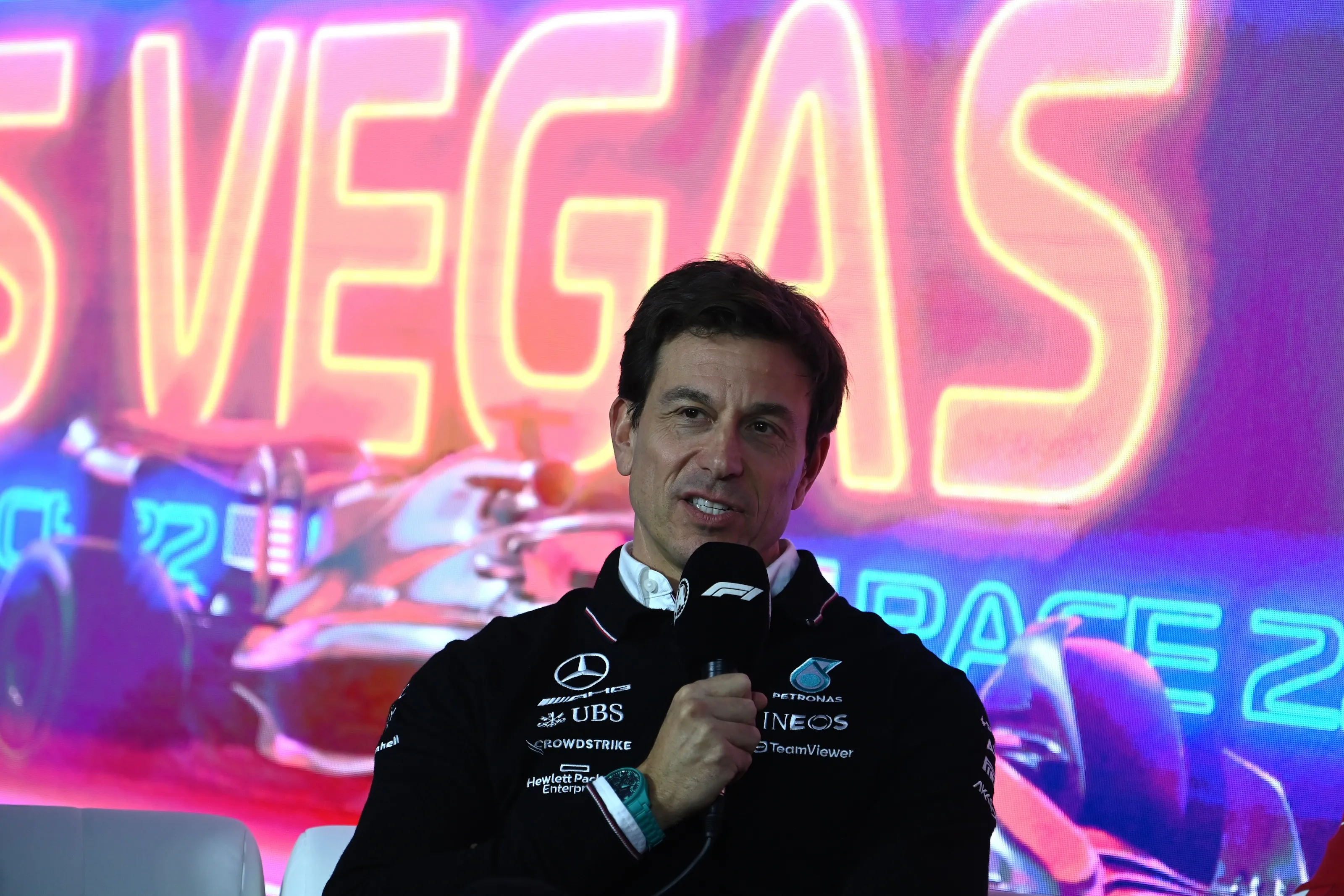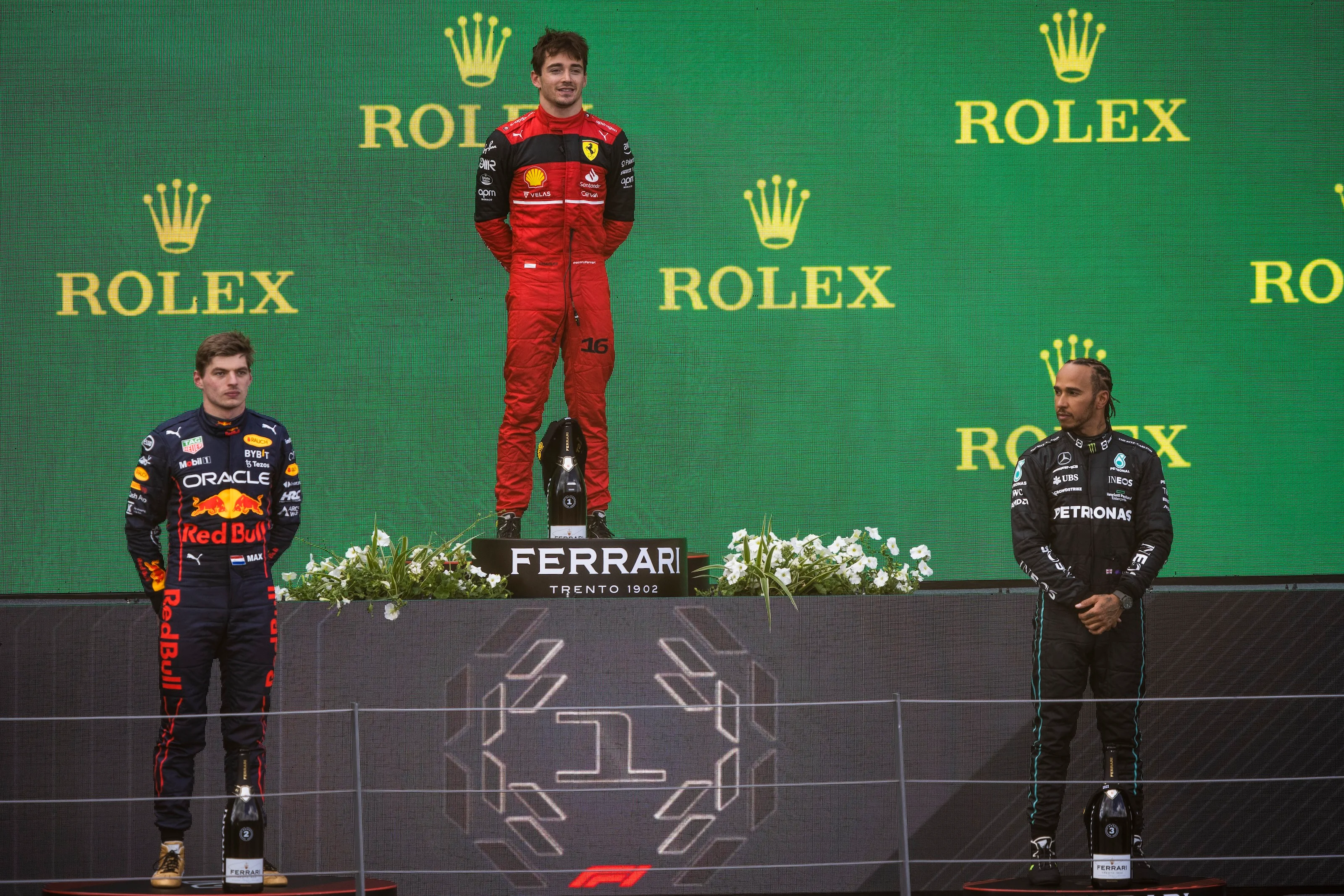Mercedes Team Principal Expects Red Bull To Start 2024 In Lead By 'Couple Of Tenths'
F1Thursday, 14 December 2023 at 21:00

Toto Wolff suggested Red Bull has had more time to work on their 2024 car, which could result in gains of a "couple of tenths,"
Red Bull Racing F1 team had their Drivers' and Constructors' Championship titles sealed with five races still to go until the end of the 2023 season.
Being in this position of having achieved all the main goals allowed the team from Milton Keynes to focus on the 2024 development car sooner than other teams. Mercedes team principal Toto Wolff told the media:
"I'm sure that Red Bull has probably switched off - there is no such thing as switching off [completely], but they will have started next year's car way ahead of everybody else."
Read also
The Austrian has experience with such a situation as he achieved eight consecutive Constructors' Championship titles in a quite dominant manner as well. He explained:
"If we were in this situation, looking at our historic strategy, we would probably be all hands on deck by July on next year's car."
The Mercedes team principal suggests the headstart that Red Bull has on other teams in terms of aero development could be equal to a couple of tenths, which is a great margin.
"That is a month-and-a-half earlier than we did [for 2024], so when you calculate the gains that you make alone in aero, you are talking a couple of tenths."
On the other hand, the Red Bull Racing team principal suggested he expects other teams to catch up as the development curve flattens in upcoming seasons. Wolff also addressed this theory:
"You have the laws of diminishing returns, you're development or performance curve flattens, that is clear."
As teams keep developing and evolving their concepts, they are essentially supposed to reach the end of the development curve when there is not much else to improve on their cars within the given regulations.
While theory suggests that other teams should be able to catch up with Red Bull, it is not clear whether we will see the development curve flattening in the upcoming two seasons. The Mercedes team principal added:
"The more mature the regulations are, the more you can extract and maybe our development curve is steeper because we are behind, but that is industrial theory, and whether you can apply it to the world of sports, I'm not quite sure."
Read also
POPULAR NEWS
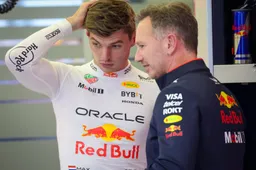
Steiner Warns Red Bull: 2024 Performance Masked By Verstappen's Brilliance
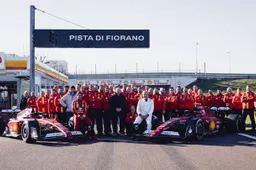
Sainz Sr. Grateful For Ferrari's 'Fantastic Gesture' After Driver Switch
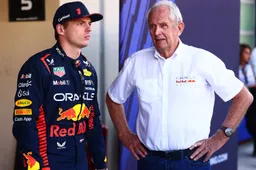
Marko Issues Honest Verdict On Verstappen's Potential Exit: 'You Have To Be Realistic'
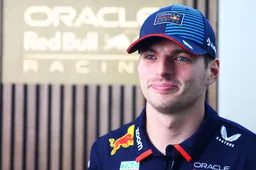
Racing Bulls CEO Reveals What Verstappen's Personality Is Like Outside F1 Paddock
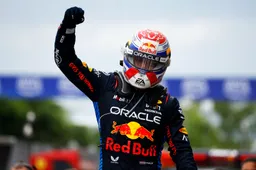
Magnussen Discusses 'Crazy' Thing That Separates Verstappen From Hamilton And Others
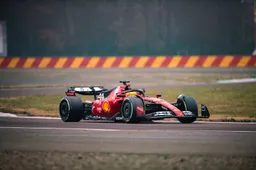
Hamilton: Driving Ferrari F1 Car For First Time 'One Of Best Feelings Of My Life'
Loading
